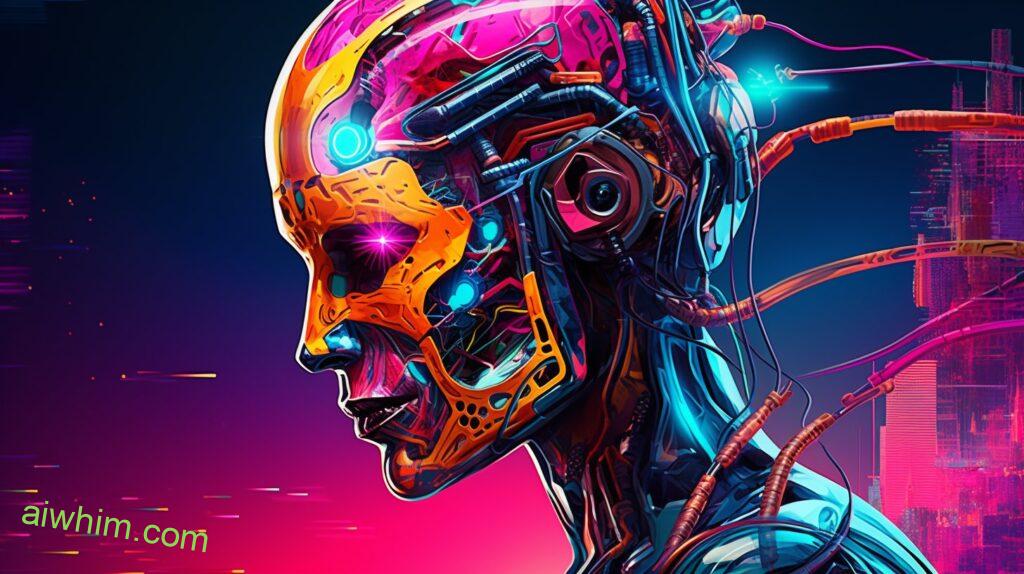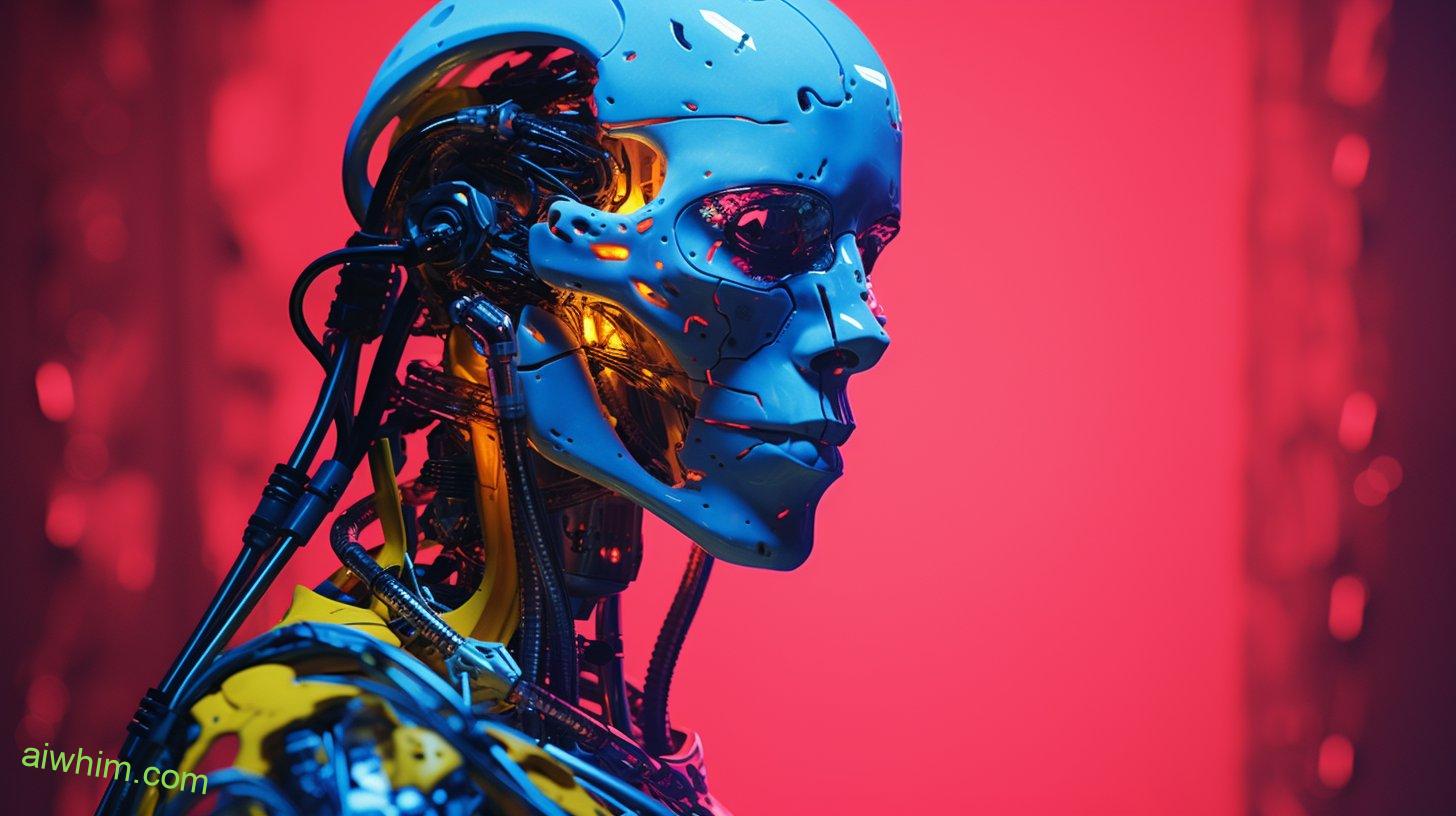Are you ready for a groundbreaking revolution in the entertainment industry?
Imagine a future where AI takes over camera operator roles in TV, video, and film production. With advancements in AI technology and robotics, the possibilities are endless.
This article explores the potential benefits and challenges of AI in camera operation, its impact on creative decision-making, and the future of AI-based camera operators.
Get ready to dive into the exciting world of AI and its potential to redefine the art of capturing moments on screen.
Key Takeaways
- AI technology and robotics offer increased precision and consistency in camera shots.
- AI can automate tasks, allowing camera operators to focus on creativity.
- AI can suggest creative camera angles and movements to elevate visual storytelling.
- The collaboration between AI and human operators enhances visual storytelling in the entertainment industry.
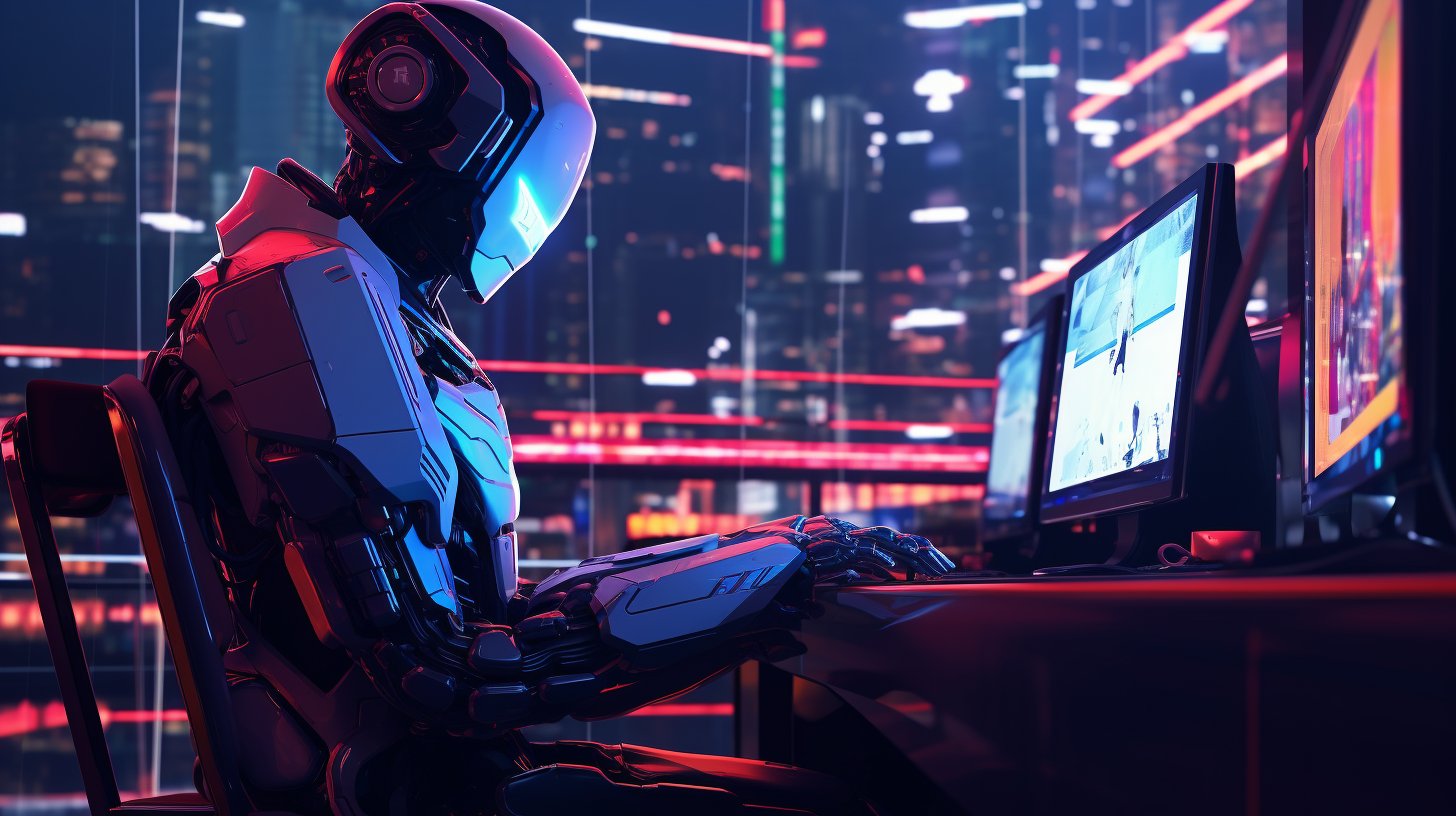
The Role of Camera Operators in the Entertainment Industry
In the entertainment industry, camera operators play a crucial role in capturing the perfect shots for TV shows, videos, and films. They’re the ones behind the camera, using their expertise and skills to bring life and emotion to the screen. The role of camera operators goes beyond simply pointing and shooting. They’re responsible for framing the shots, adjusting the focus, and capturing the right angles to tell a compelling story.
One of the reasons why camera operators are so important is because of the human touch they bring to their work. Unlike machines or artificial intelligence, camera operators have a unique ability to understand the emotions and intentions of the scene. They can anticipate the movements of the actors and capture the perfect moments that evoke genuine emotions from the audience. This human touch adds a level of authenticity and connection that can’t be replicated by technology alone.
Camera operators also play a vital role in creating the visual aesthetic of a production. They’ve the artistic eye to compose shots that are visually stunning and captivating. They understand how to use lighting, framing, and movement to enhance the storytelling and create a visual experience that engages and entertains the audience.
Furthermore, camera operators are adaptable and versatile. They can work in various environments and adapt to different shooting conditions. Whether it’s capturing fast-paced action sequences or intimate, emotional moments, camera operators have the skills and intuition to adjust their techniques accordingly.
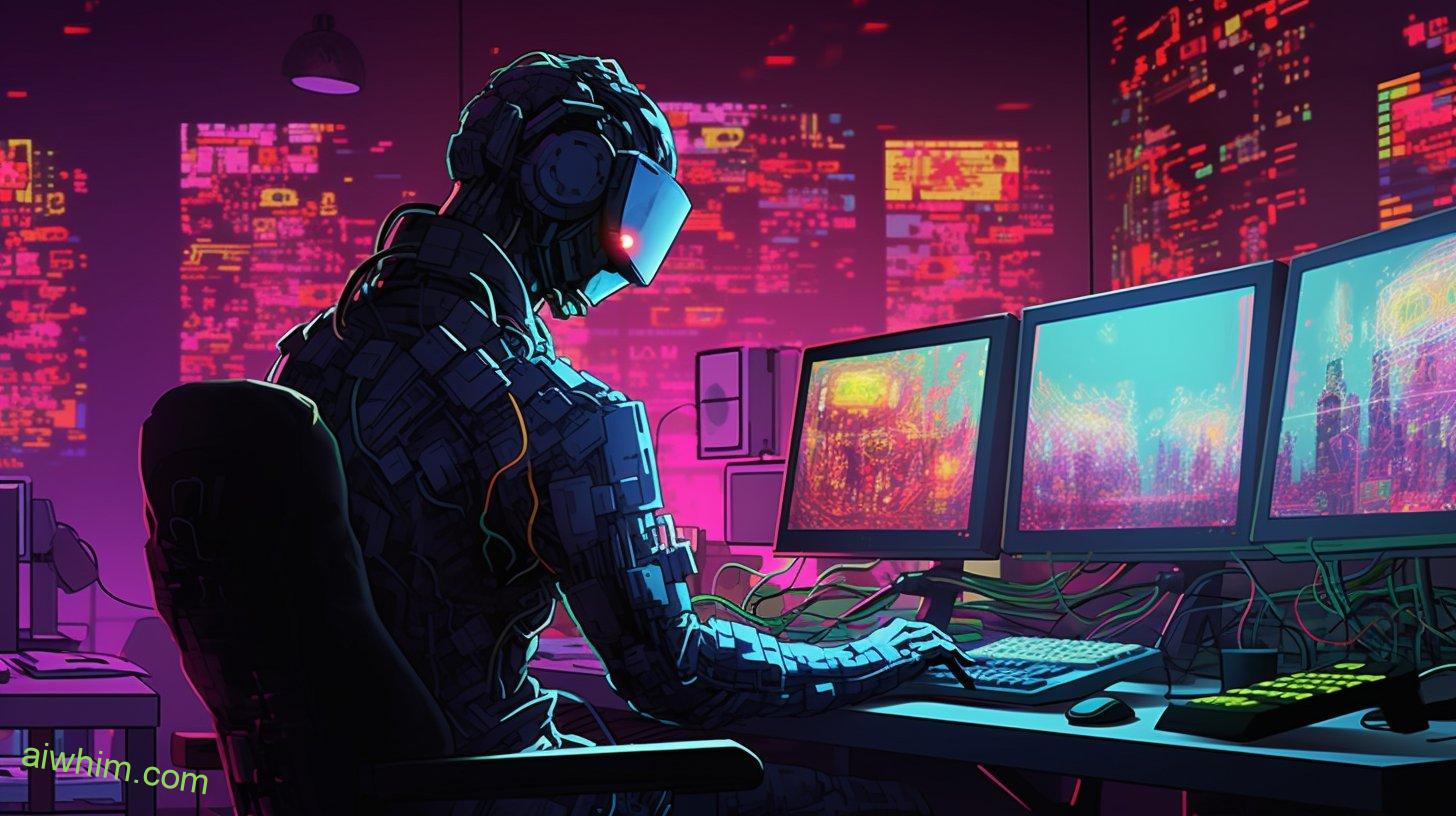
Advancements in AI Technology and Robotics
You can’t deny that AI and robotics have made significant advancements. These technologies have permeated various industries, including cinematography. Now, robotic camera operators are becoming more prevalent, revolutionizing the way we capture visuals in TV, video, and film.
Here’s why automation in cinematography using robotic camera operators is gaining traction:
- Increased Precision and Consistency:
- Robotic camera operators are programmed to execute precise movements, ensuring consistent shots every time.
- They can follow pre-determined paths with accuracy, eliminating human errors that may occur during manual operation.
- Expanded Creative Possibilities:
- With robotic camera operators, filmmakers have the freedom to explore innovative camera movements that were previously challenging or impossible.
- These technologies enable cinematographers to achieve complex shots, adding depth and visual interest to their storytelling.
As AI and robotics continue to evolve, there are concerns about whether they could eventually replace human camera operators entirely. However, it’s important to remember that technology is a tool, and it’s ultimately up to humans to harness its potential.
While automation in cinematography can streamline certain processes and enhance efficiency, the artistry and intuition of a skilled camera operator can’t be replicated by machines. The human touch and creative decision-making are invaluable elements that contribute to a captivating visual experience.
In this age of technological advancements, embracing the collaboration between humans and robotic camera operators can lead to new heights in cinematography. By leveraging the strengths of both, we can achieve greater artistic freedom and push the boundaries of visual storytelling.
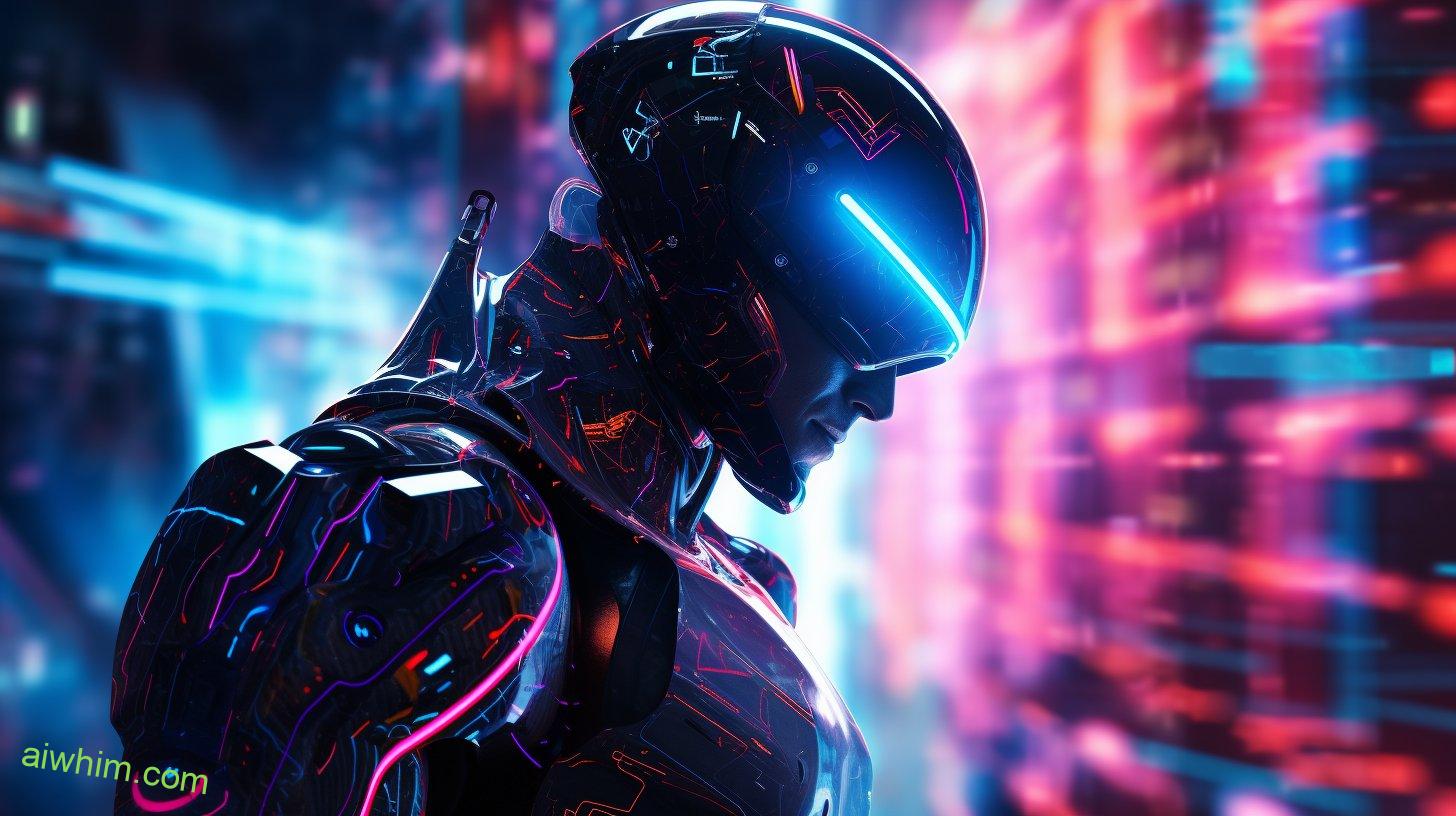
Potential Benefits of AI in Camera Operation
Embracing the potential benefits of AI in camera operation can revolutionize the way visuals are captured and enhance the cinematic experience. Imagine a world where cameras are operated effortlessly, capturing every angle and movement with precision and efficiency. With AI technology, the potential applications for camera operation are endless.
AI can bring about efficiency improvements in camera operation by automating certain tasks that were previously done manually. This means that camera operators can focus on the creative aspects of their work, rather than spending time on repetitive and mundane tasks. AI can analyze the scene, adjust focus and exposure, and even track subjects, allowing for smooth and seamless shots.
Furthermore, AI can also help in capturing shots that were once considered impossible or too risky. With its ability to calculate trajectories and analyze data in real-time, AI can assist in capturing dynamic and challenging shots, such as aerial shots or shots in extreme weather conditions. This opens up a whole new realm of possibilities for filmmakers to explore.
In addition to efficiency improvements, AI in camera operation can also enhance the cinematic experience. By analyzing the scene and understanding the desired outcome, AI can suggest creative camera angles and movements that can elevate the visual storytelling. It can also provide instant feedback and adjustments, ensuring that every shot is captured flawlessly.
Embracing the potential benefits of AI in camera operation allows for a new level of freedom and creativity. It empowers filmmakers to push the boundaries of what’s possible and create visually stunning and immersive experiences for their audience.
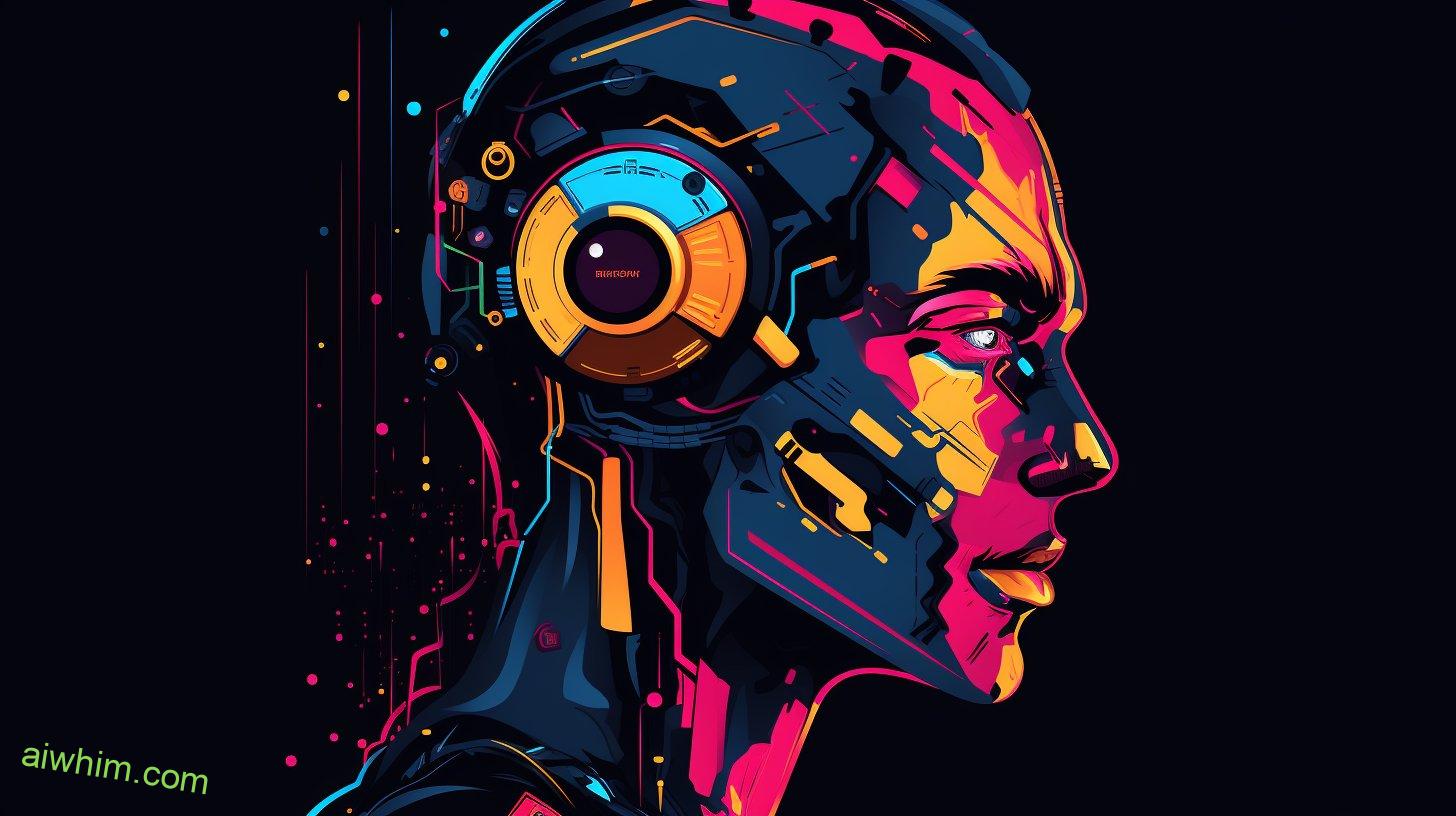
Challenges and Limitations of AI in Camera Operation
Don’t overlook the challenges and limitations that come with implementing AI in camera operation. While AI has the potential to revolutionize the way cameras are operated in the TV, video, and film industry, it’s important to understand the hurdles that need to be overcome.
Here are some of the challenges and limitations of AI in camera operation:
- Technical Limitations
- AI algorithms require extensive training and fine-tuning to achieve accurate results. This can be time-consuming and resource-intensive.
- AI systems may struggle in certain unpredictable or complex scenarios, such as capturing fast-paced action or dealing with challenging lighting conditions.
- Human Intervention
- AI in camera operation can’t completely replace human operators. While AI can automate certain tasks, it still requires human oversight and intervention to ensure the desired outcome.
- Human creativity and intuition are essential in capturing unique and artistic shots that go beyond what AI algorithms can currently achieve.
It is important to strike a balance between the capabilities of AI and the expertise of human camera operators. AI can assist in streamlining certain aspects of camera operation, but it can’t replace the artistic vision and decision-making skills of a human operator.
While there are challenges and limitations, it’s crucial to embrace technological advancements while preserving the freedom and creativity that comes with human involvement. By leveraging AI as a tool rather than a complete replacement, we can enhance camera operation and push the boundaries of visual storytelling.
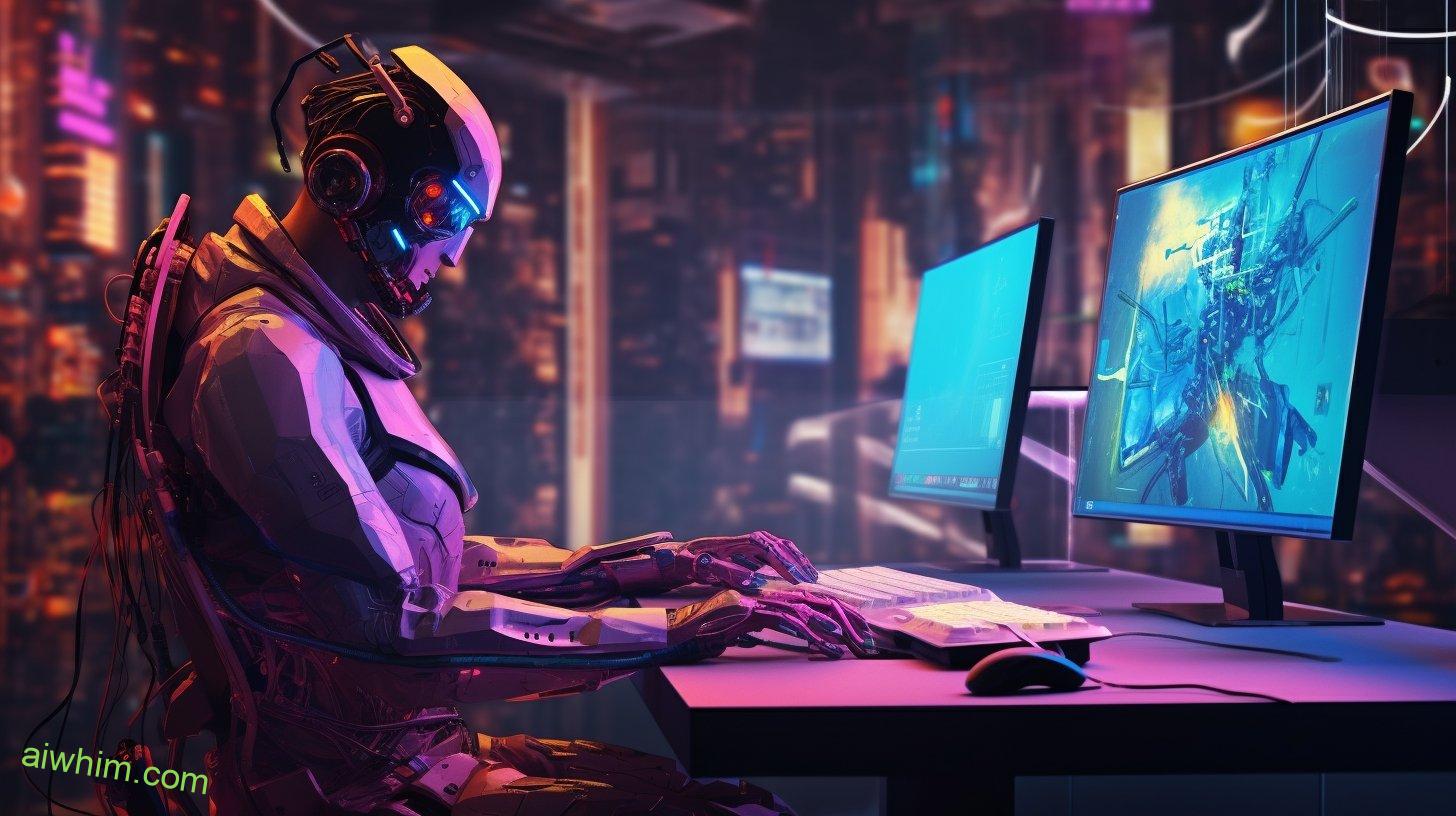
The Impact of AI on Creative Decision-making
AI’s impact on creative decision-making is a topic that can’t be ignored in the field of camera operation. As a camera operator, you’ve always been responsible for capturing the perfect shot, using your artistic vision and intuition. However, with the advent of AI technology, the role of camera operators is evolving, and it’s important to consider the impact this has on artistic expression.
AI has the potential to revolutionize the way camera operators work. With advanced algorithms and machine learning, AI can analyze vast amounts of data to identify patterns and trends, making it easier for you to make creative decisions. It can suggest framing, lighting, and even camera movements that enhance the artistic expression of a scene. This can save you time and effort, allowing you to focus on capturing the essence of a moment.
However, some may argue that relying too heavily on AI can limit your artistic freedom. After all, it’s your unique perspective and creative instincts that make your work stand out. AI may provide suggestions, but it can’t replace your creative vision. It’s important to strike a balance between leveraging AI’s capabilities and trusting your own artistic intuition.
As camera operators, you must embrace the evolving role that AI plays in your field. By embracing AI, you can enhance your creative decision-making process and push the boundaries of artistic expression. Remember, AI is a tool that can assist you, but it’s your unique perspective and creativity that truly make your work shine. So, embrace the opportunities that AI presents, while staying true to your artistic vision.
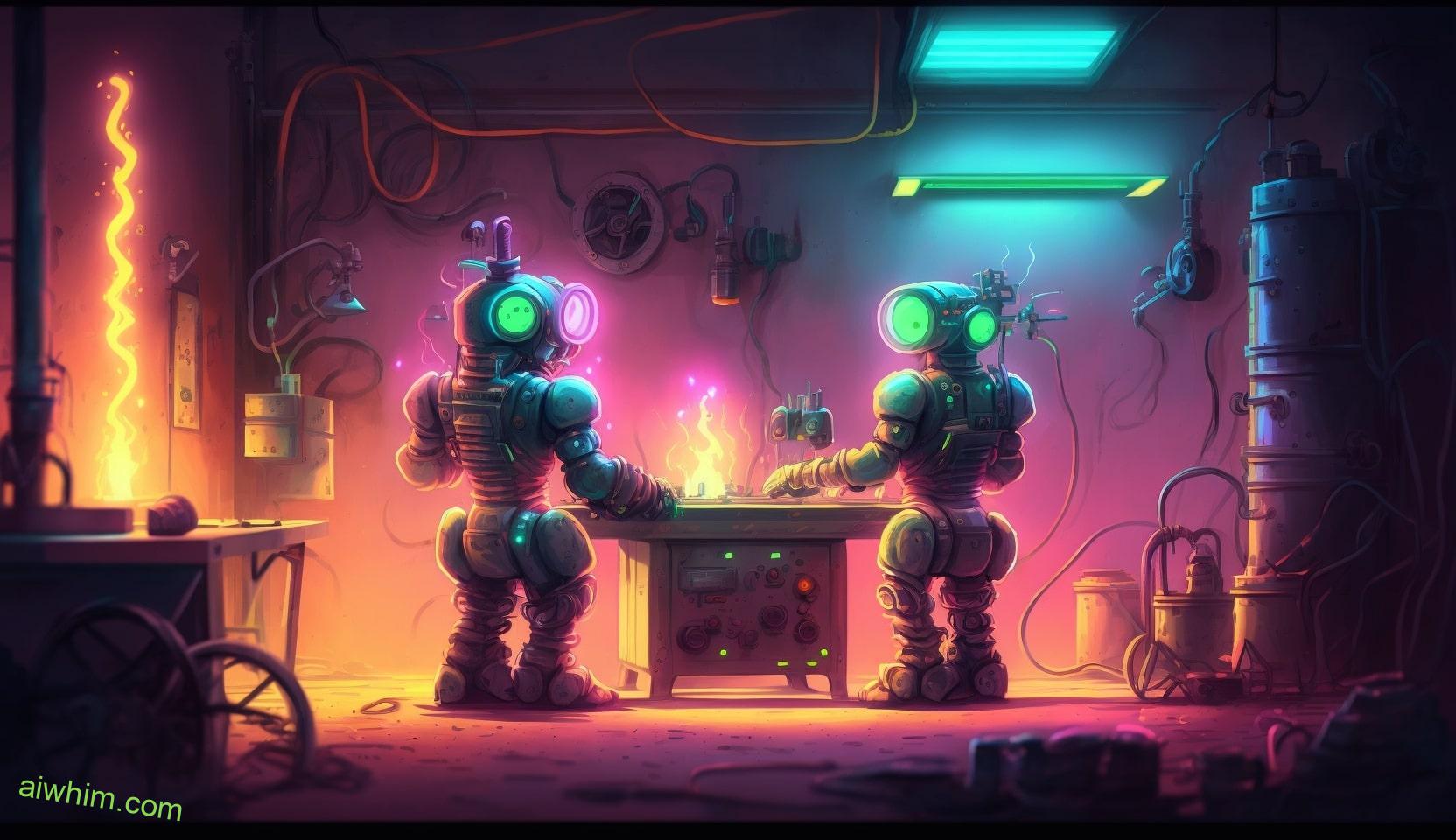
The Future of AI in Camera Operator Roles
As a camera operator, you’ve the opportunity to shape the future of the industry by adapting to the advancements in technology. It’s no secret that automation has had a significant impact on camera operators. With the rise of AI and robotics, there are concerns about whether machines will eventually replace human operators entirely. However, it’s important to recognize the role of human creativity in camera operation and how it can never truly be replaced by automation.
Here are two key points to consider:
- Automation:
- AI and robotics have undoubtedly automated certain aspects of camera operation, such as tracking shots and focus adjustments.
- While this automation can increase efficiency and accuracy, it also raises concerns about job security for camera operators.
- Human Creativity:
- The essence of camera operation lies in the ability to capture the perfect shot, to evoke emotions, and to tell a story through visual composition.
- Human creativity is what enables camera operators to make artistic choices, adapt to unexpected situations, and bring a unique perspective to their work.
As a camera operator, you’ve the freedom to embrace these advancements in technology while still maintaining your creative edge. Instead of viewing automation as a threat, see it as a tool that can enhance your craft. By leveraging AI and robotics, you can focus more on the creative aspects of camera operation, pushing the boundaries of what’s possible.
While automation may streamline certain tasks, it will never replace the intuition, imagination, and artistic vision that you bring to your role. Embrace the future, adapt to technology, and continue to shape the industry with your unique creative perspective.
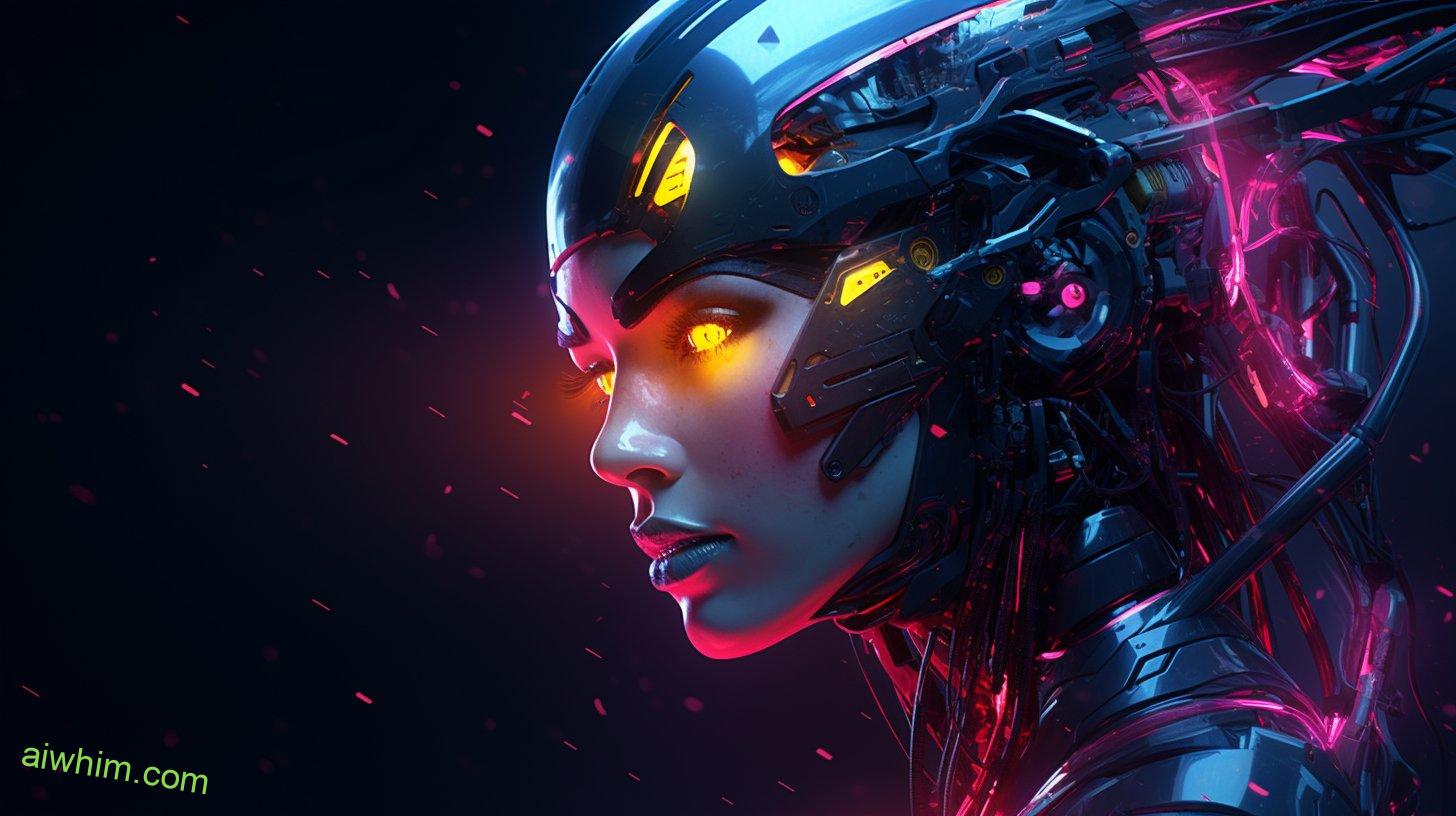
Training and Education for AI-based Camera Operators
To stay ahead in the industry, it’s crucial for you as a camera operator to receive proper training and education on the implementation of AI in your workflow. As technology continues to advance at a rapid pace, AI is becoming increasingly prevalent in various industries, including television, video production, and film. AI has the potential to revolutionize the way camera operators work, providing them with advanced tools and capabilities to enhance their creativity and efficiency.
When it comes to training methods for AI-based camera operators, there are several options available to you. Many educational institutions now offer courses and programs specifically designed to teach camera operators how to effectively integrate AI into their work. These programs cover a wide range of topics, including the basics of AI technology, its practical applications in camera operations, and hands-on training with AI-powered camera systems.
In addition to formal education, there are also online resources and tutorials that can help you learn about AI and its applications in camera operations. These resources provide step-by-step guidance and practical examples to help you understand and implement AI technology in your workflow.
The practical applications of AI in camera operations are vast. AI-powered camera systems can analyze scenes in real-time, adjust camera settings automatically, and even track subjects without the need for human intervention. This not only saves time and effort but also allows camera operators to focus on capturing the perfect shot.
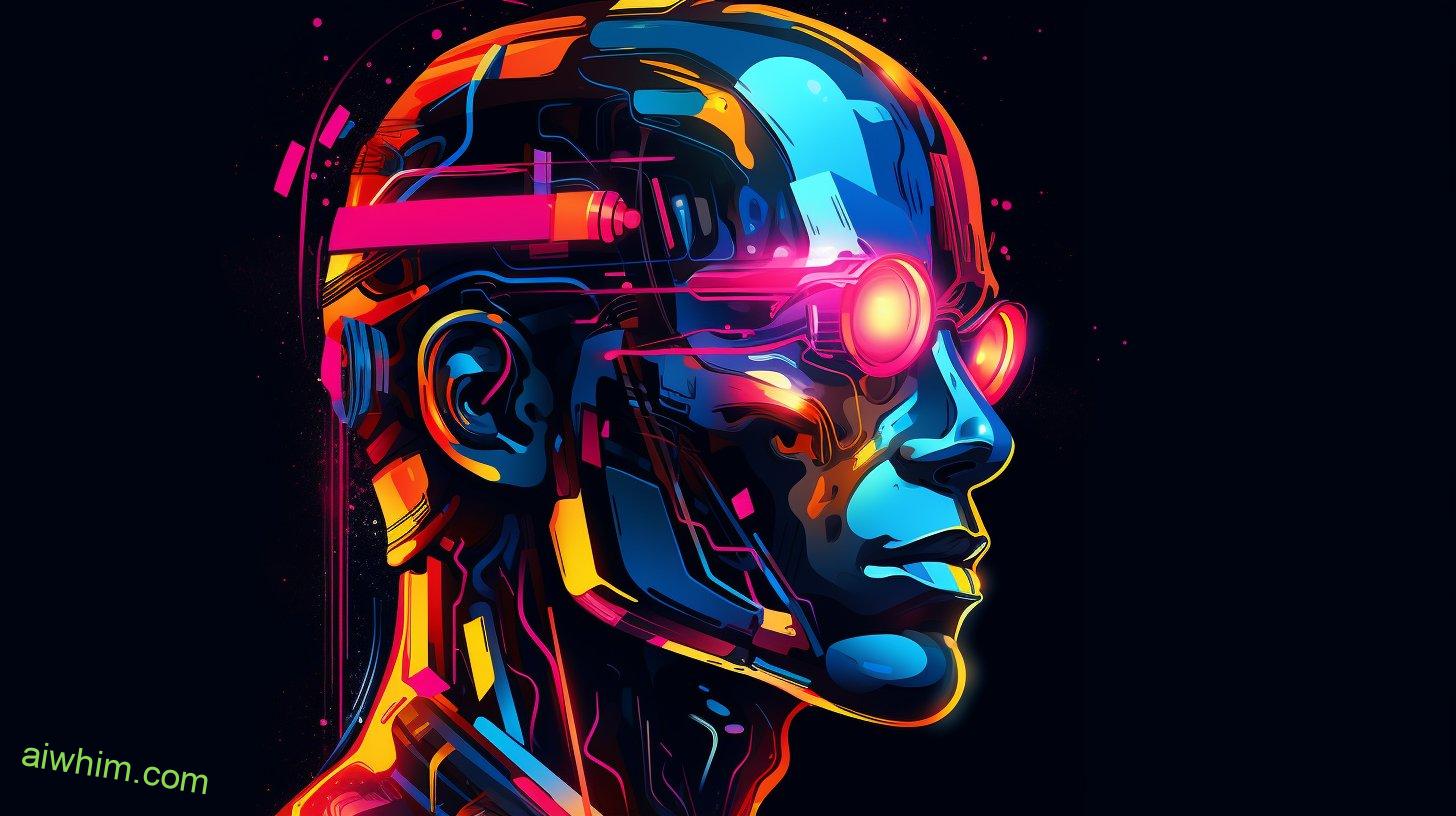
Ethical Considerations Surrounding AI in the Entertainment Industry
As an individual working in the entertainment industry, it’s important to consider the ethical implications of implementing AI technology in various aspects of production. While AI has the potential to revolutionize the industry and enhance efficiency, there are certain ethical considerations that must be taken into account.
- Privacy Concerns
- AI technology has the ability to collect and analyze vast amounts of data, including personal information. This raises concerns about privacy and the potential misuse of sensitive data.
- The use of AI in camera operation, for example, could involve capturing and processing images of individuals without their consent. This raises questions about the boundaries of privacy and the need for explicit consent in such situations.
- Ethical Implications
- AI has the capability to replicate human behavior and decision-making processes, which can lead to ethical dilemmas. For instance, if an AI-operated camera captures a scene that involves a sensitive or controversial subject, how can we ensure that the AI makes the right ethical choices?
- Additionally, the use of AI in the entertainment industry could potentially lead to job displacement, as AI technology becomes more advanced and capable of performing tasks traditionally carried out by humans. This raises concerns about the impact on individuals’ livelihoods and the need for retraining or alternative employment opportunities.
It is crucial to strike a balance between the benefits of AI technology and the ethical considerations it raises. Transparency and accountability are key in ensuring that AI systems are developed and implemented in a responsible manner. As professionals in the industry, it’s important to actively engage in discussions surrounding the ethical implications of AI and work towards creating guidelines and regulations that protect individual privacy and promote ethical decision-making.
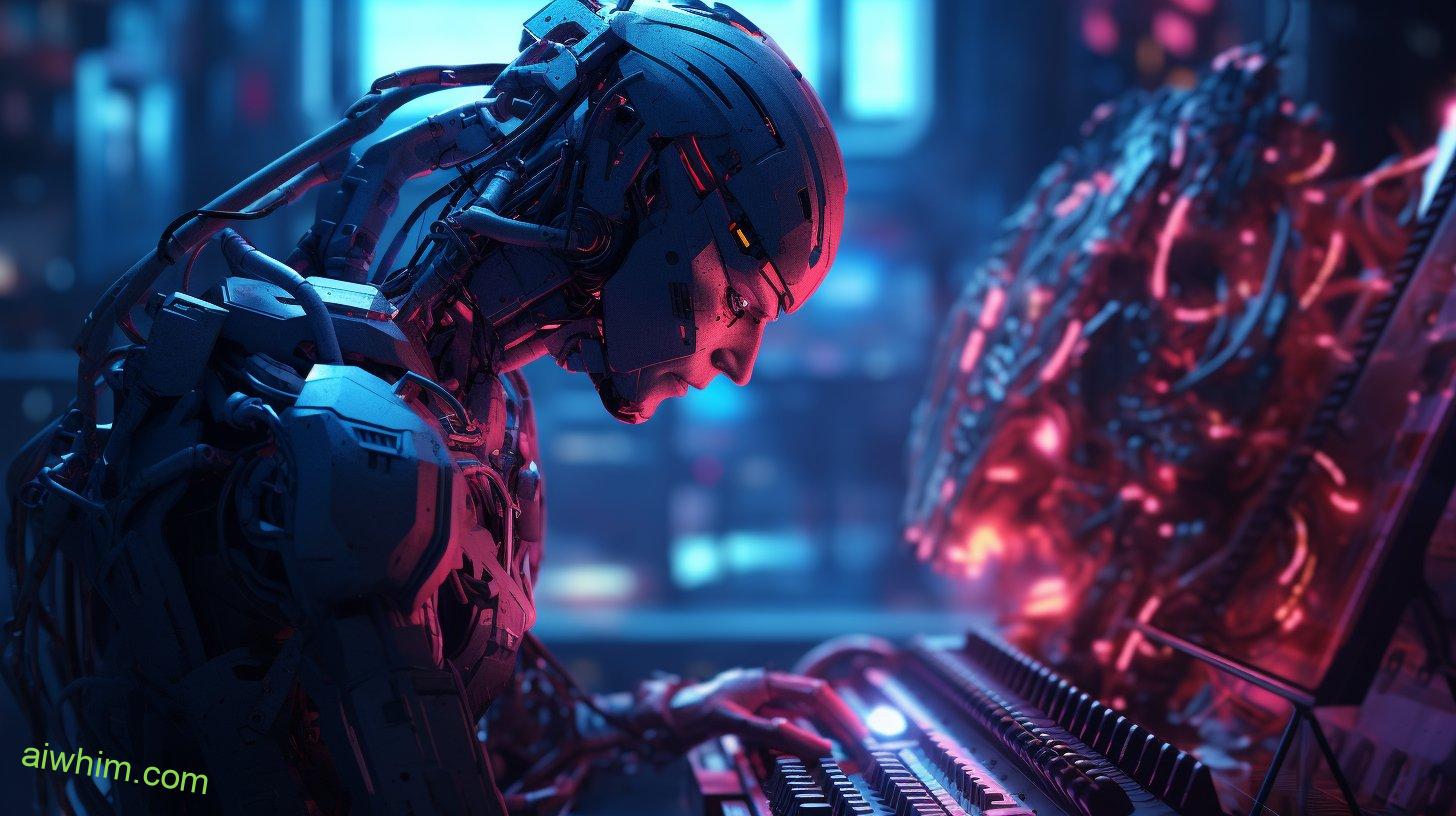
Collaboration Between AI and Human Camera Operators
You can enhance your skills as a camera operator by collaborating with AI technology in the entertainment industry. The future of camera operators lies in the partnership between humans and AI. With the advancements in artificial intelligence, there’s a growing trend of using AI to assist camera operators in capturing the perfect shots. This collaboration enables you to take your craft to new heights while still maintaining your freedom and creativity.
AI technology can analyze vast amounts of data and provide valuable insights to camera operators. It can help in identifying the best angles, framing, and composition, allowing you to make informed decisions quickly. By working alongside AI, you can improve the efficiency and accuracy of your work, resulting in high-quality productions.
Additionally, AI can assist with tedious tasks such as tracking subjects and adjusting focus, allowing you to focus on capturing the emotions and storytelling aspects of your shots. This collaboration not only saves time but also enhances your ability to create visually captivating content.
Furthermore, working with AI technology gives you the freedom to experiment and explore new creative possibilities. AI can suggest unique camera movements, lighting techniques, and even propose innovative shot compositions based on data analysis. This collaboration expands your creative options and empowers you to push the boundaries of your work.
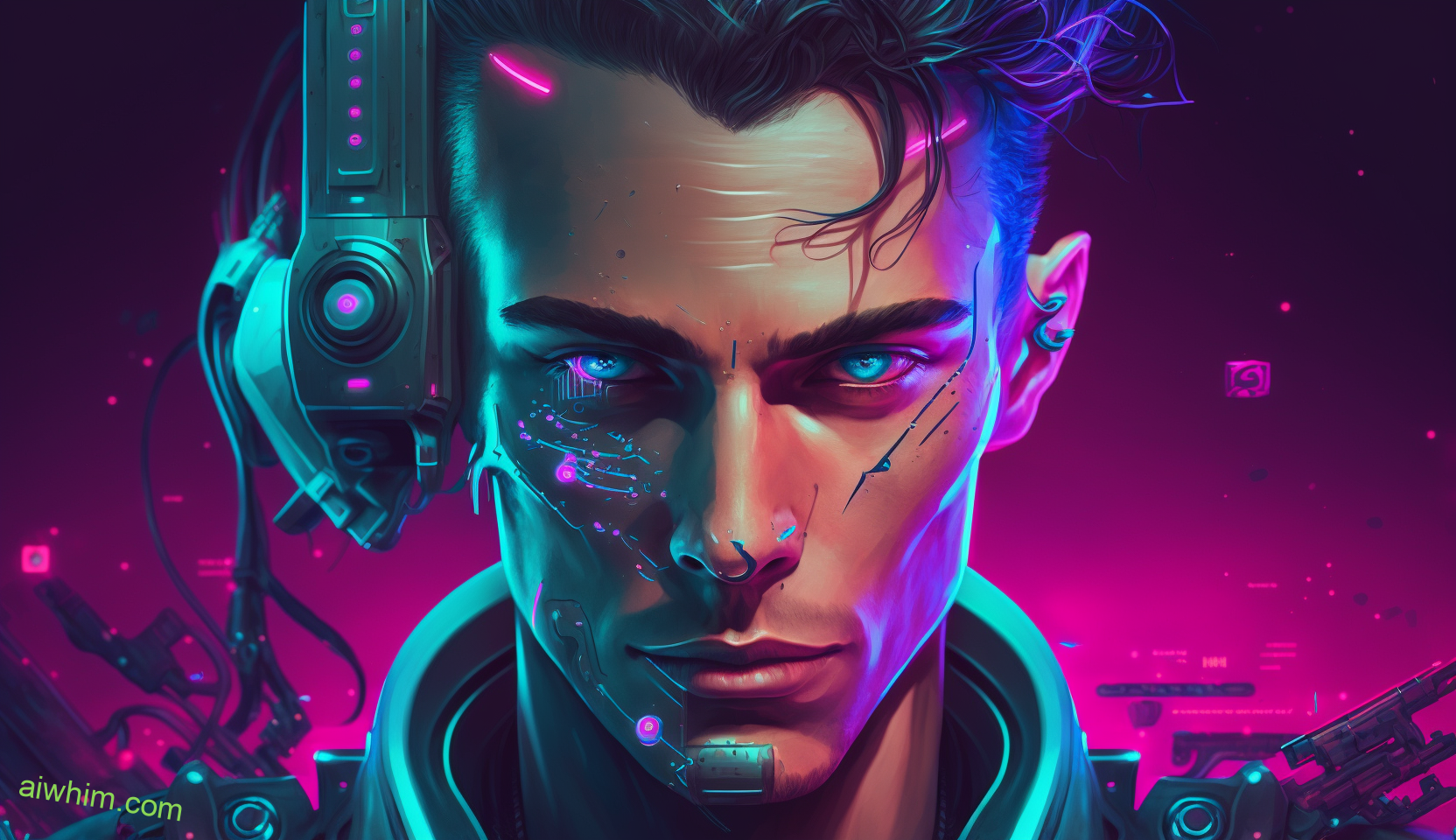
Frequently Asked Questions
How Does the Role of Camera Operators in the Entertainment Industry Differ From Other Roles in Film Production?
Camera operators play a crucial role in the entertainment industry. They capture the perfect shots, adding emotion and depth to the story. Their importance lies in their ability to bring the audience closer to the action.
What Are Some Emerging AI Technologies and Robotics That Are Being Used in Camera Operation?
AI technologies like computer vision and robotics are being used in camera operation. For example, autonomous drones equipped with AI algorithms can capture breathtaking aerial shots, giving you the freedom to focus on other creative aspects of filmmaking.
Can AI-Based Camera Operators Enhance the Quality and Efficiency of Video Production?
Using AI-based camera operators in video production can enhance the quality and efficiency of film production. With AI’s impact, you can expect improved automation, precision, and faster workflows, giving you more freedom to focus on creativity.
What Are the MAIn Challenges and Limitations of Using AI in Camera Operation?
You might think AI could revolutionize camera operation, but there are challenges and limitations. AI struggles with creative decision-making and adapting to unpredictable situations. Embrace the freedom and expertise of human camera operators.
How Does the Integration of AI in Camera Operation Affect the Creative Decision-Making Process?
When AI is integrated into camera operation, it can impact the creative decision-making process by providing automated suggestions and options. This allows you the freedom to explore different perspectives and make more informed choices.
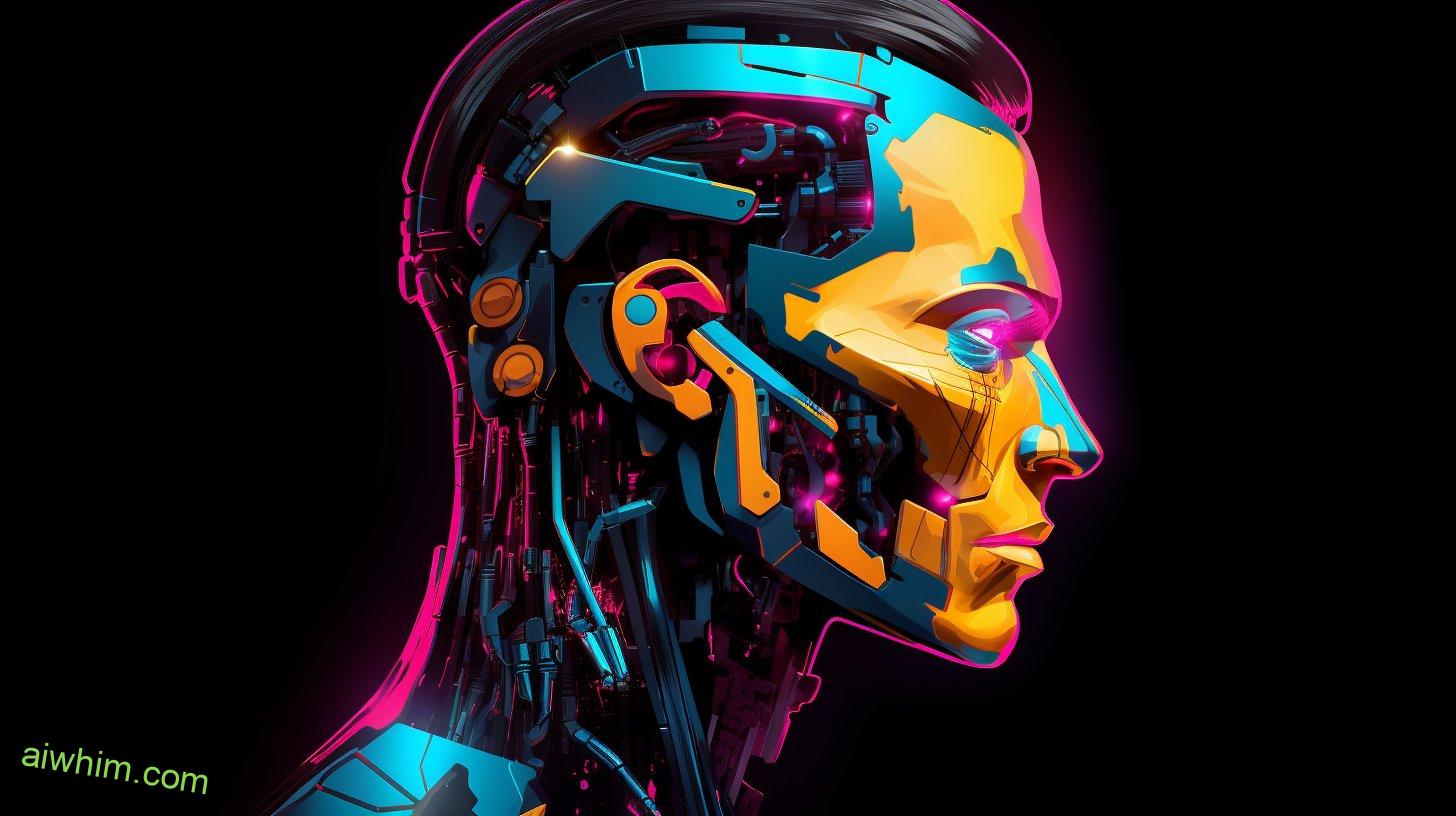
Conclusion
In conclusion, while AI technology shows potential in taking over camera operator roles in the entertainment industry, it’s important to acknowledge the limitations and challenges it may face.
One anticipated objection may be the concern that AI will replace human creativity and intuition. However, by collaborating with AI, human camera operators can continue to bring their unique perspective and emotional depth to the art of filmmaking, ensuring that the audience’s emotional connection remains intact.

